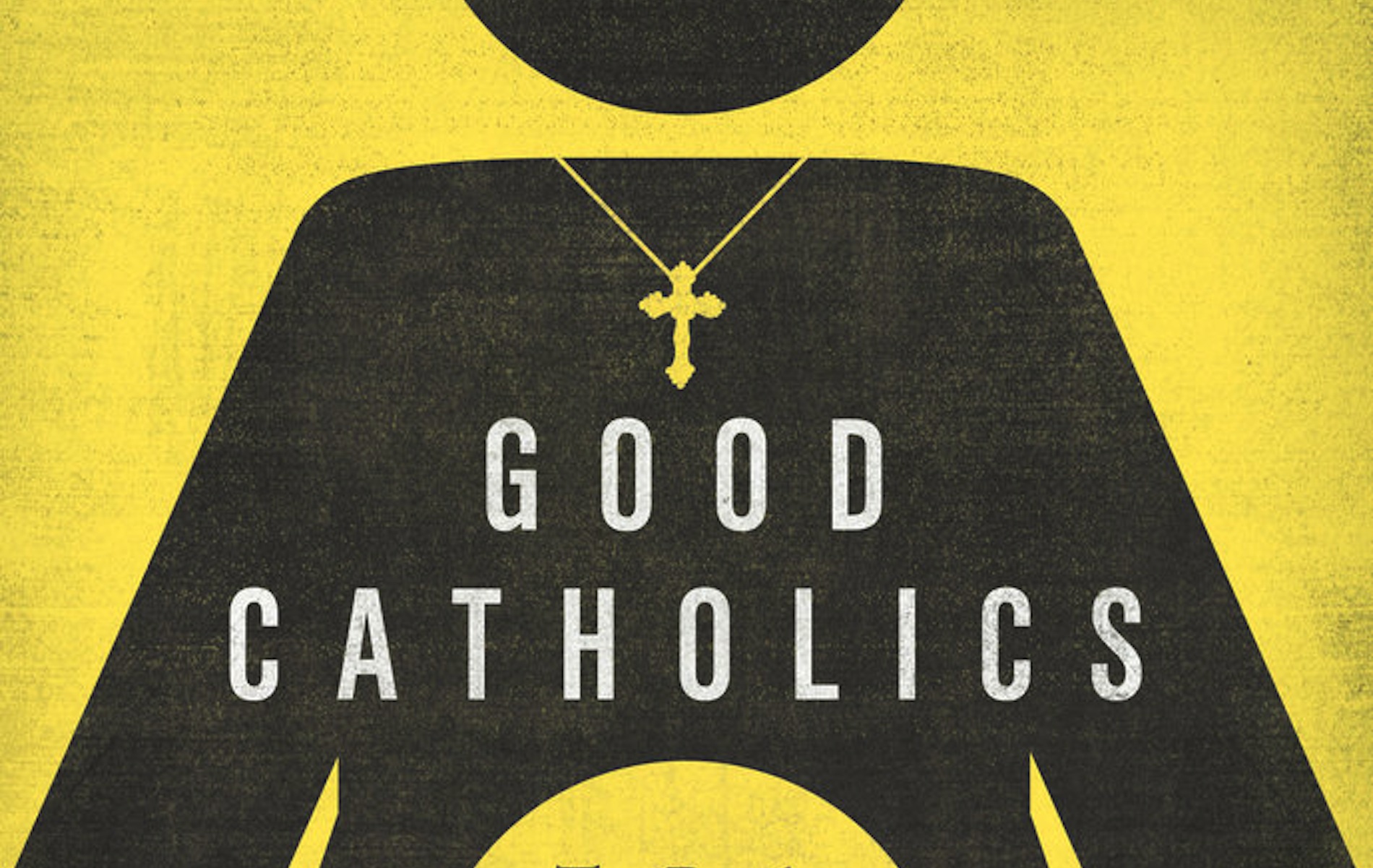Good Catholics is about good Catholics or bad Catholics depending on if you’re a good Catholic or not.
by Kaylen Ralph
///
In a book that chronicles what has been the most divisive issue for the Catholic Church since the 1960s, Patricia Miller swaps two teams’ uniforms. The good guys become Catholic laywomen who take it upon themselves to challenge the Church’s perspective on contraception and abortion.
Elizabeth Farians, one of the four advocates for equal rights for women within the Church, the four who Miller refers to as the “four wise women,” is quoted in 1971 as chastising the National Council of Catholic Bishops “for refusing to end sexism in the Church. ‘Because of the sex equals sin syndrome which permeates the church and the almost total identification of women with this, women have been excused from meaningful participation in the church…Women want their God-given rights of personhood restored.’” Miller describes Farians as “the national voice of Catholic feminism,” who famously warned the New York Times that, “Some day soon some pastor is going to tell a woman she can’t read the epistle and she’s going to pop him one.”
Unlike Betty Friedan, the women celebrated in Miller’s book are not household names. In addition to Farians, Miller also meticulously documents the groundbreaking work of theologians Rosemary Ruether, Ruth Cahill and Mary Daly. Thanks to Miller’s work, the idea of “nascent Catholic feminism” that took root in the Catholic church during the 1960s and 70s becomes inextricable from the larger feminist movement.
It is what most interested me, a former Catholic schoolgirl, about Miller’s book. Having gone to elementary and high school at places where religion classes were sandwiched between algebra and language arts, I remember becoming gradually more aware of the way that Catholic teachings about women and sexuality conflicted with the smart and independent women I was both learning from and becoming friends with.
How the struggle for access to contraception (hormonal and otherwise) turned into a Catholic-led movement for abortion rights was a lesson in something I had already been schooled in, but from the opposite perspective.
The magisterium (the hierarchy of Catholic bishops) whom Miller casts in the most damning light, become the “bad guys,” working hard to silence women. They refuse to cede defeat or consider reform in the areas where none of them could speak from personal experience about the economic, social and political hardship that unwanted pregnancies, and the inability to regulate them, had on Catholic families.
Miller is able to chart Catholic feminism’s evolution from a niche movement to an uprising, inciting backlash against the National Council of Catholic Bishops. This effectively transformed the magisterial fraternity into the formidable, at times untouchable, political lobbying entity that it has become today. One only has to consider their concerted effort to limit access to contraception despite the Affordable Care Act’s promise of blanket coverage.
Miller’s book borders on being inaccessible for it’s deeply historical and fact-based approach, but with regards to its content, and the way that “the abortion issue” is so often co-opted for political leverage, the systemic method Miller uses is only appropriate.
Good Catholics: The Battle Over Abortion in the Catholic Church
by Patricia Miller
344 pages, University of California Press, $34.95 hardcover
Will be published on May 20, 2014.
Cover photo courtesy of the University of California Press.
Kaylen Ralph is The Riveter‘s co-founder and co-editor.




